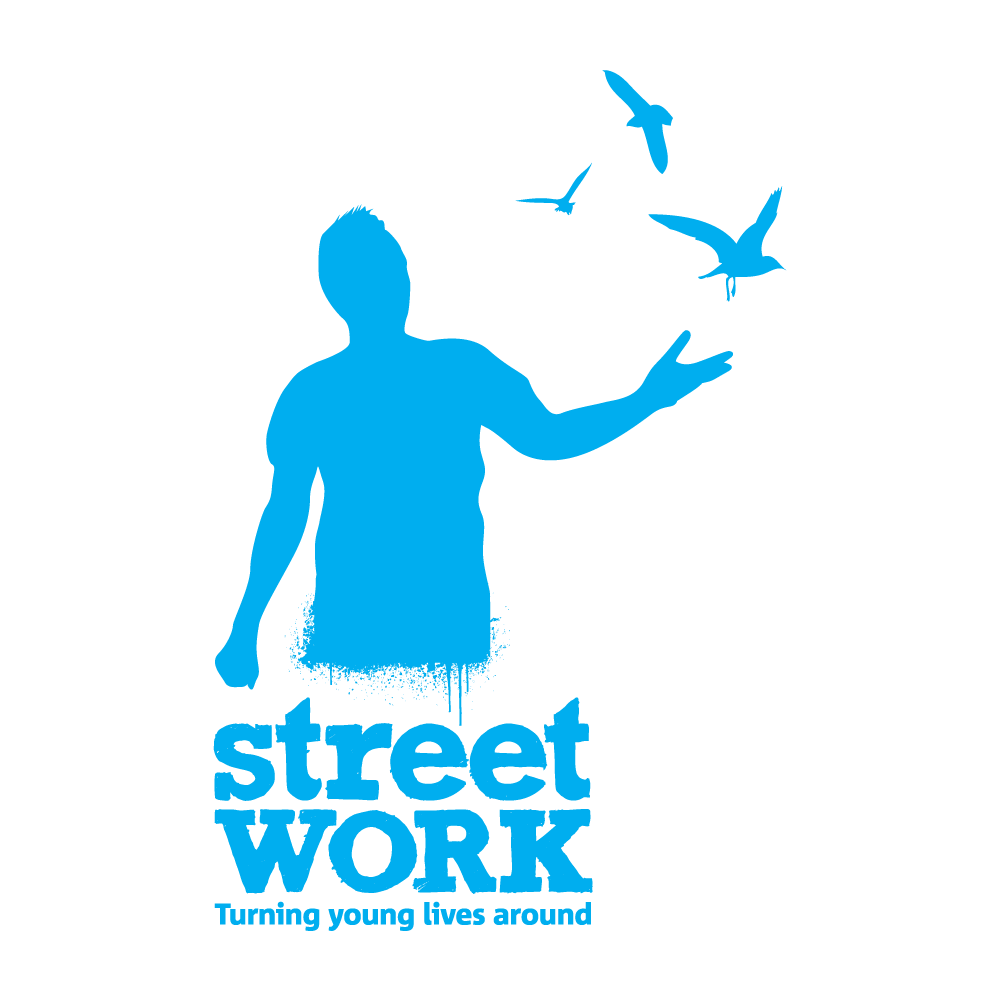A ‘frame’ is just what it sounds like. It’s something that contains or puts a border around what you are looking at; so you can see more clearly what’s inside, or in this case, what you might want to talk about. This is a great conversation tip as outlined by Peter Slattery (https://peterslattery.com).
At StreetWork we use this technique as a way to have a meaningful conversation with a young person. It gives us a creative and engaging way of finding out together what's happening in that young person's life. Frames are used as a practical way of starting a conversation. A good conversation, at the right moment, with a good person, can change our lives.
Try using 'framing' to start a conversation today.
#turningyounglivesaround #youngpeople #framing #empowerment #mentoring #communityconnectors












